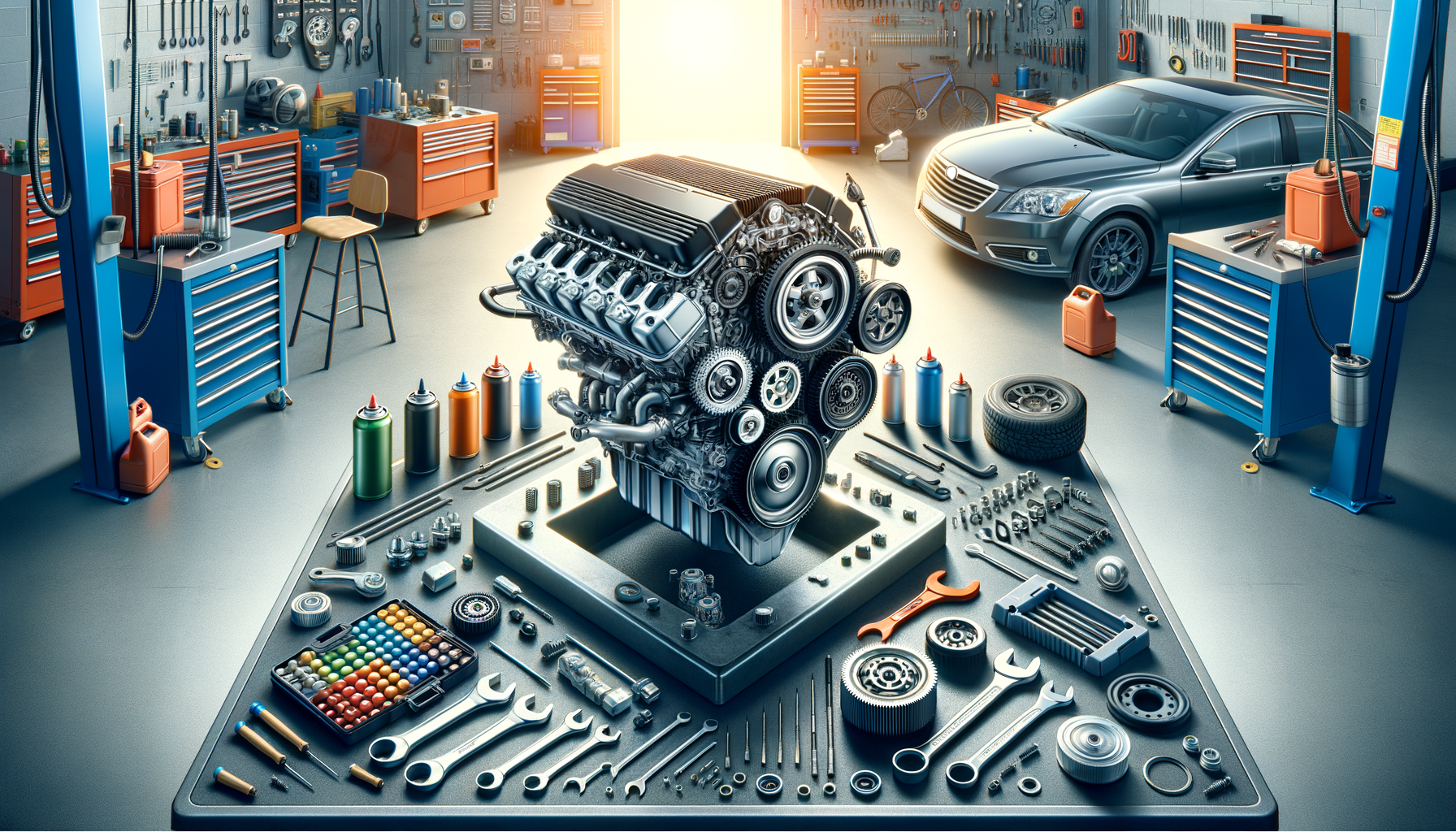
Is a Used Engine Right for Your Vehicle? Here’s What to Consider
Understanding the Benefits of Used Engines
When your car’s engine fails, the thought of replacing it can be daunting, both financially and logistically. However, opting for a used engine can be a viable solution that offers several advantages. Used engines are often sourced from vehicles that have been in accidents but have low mileage, meaning they still have a lot of life left in them. These engines are typically tested for performance and reliability before being sold, ensuring that they meet certain standards.
One of the primary benefits of choosing a used engine is cost-effectiveness. New engines can be prohibitively expensive, making them an impractical choice for many vehicle owners. In contrast, used engines can be significantly cheaper, sometimes costing only a fraction of a new one. This affordability makes them an attractive option for those looking to extend the life of their vehicle without breaking the bank.
Moreover, purchasing a used engine can be an environmentally friendly choice. By reusing an engine, you are reducing waste and the demand for new manufacturing, which can have a positive impact on the environment. This makes used engines a sustainable option for eco-conscious consumers.
Key Considerations for Engine Replacement
Replacing an engine is a major decision that requires careful consideration. Before proceeding with an engine replacement, it’s essential to evaluate several factors to ensure that you’re making the right choice for your vehicle.
First, assess the condition of your current vehicle. If your car is older and has other significant issues, it might not be worth investing in a replacement engine. On the other hand, if your vehicle is in good shape and has a solid body, a replacement engine could extend its lifespan considerably.
Next, consider the compatibility of the replacement engine. It’s crucial to ensure that the used engine you’re considering is compatible with your vehicle’s make, model, and year. This compatibility will ensure a smoother installation process and reduce the risk of future mechanical issues.
Finally, investigate the history of the used engine. Check its mileage, past maintenance records, and whether it comes with a warranty. A warranty can provide peace of mind and protection against unforeseen issues after installation.
Exploring Affordable Auto Repair Options
Auto repairs can be costly, but there are ways to manage expenses without compromising on quality. Finding affordable auto repair solutions requires a strategic approach and a willingness to explore various options.
One effective way to save on auto repairs is to build a relationship with a trusted mechanic. A reliable mechanic can offer honest advice and fair pricing, helping you avoid unnecessary repairs and expenses. Additionally, they might offer discounts or payment plans to loyal customers, further reducing your costs.
Another option is to source your own parts. By purchasing parts directly from suppliers or online marketplaces, you can often find more competitive prices than those offered by repair shops. However, it’s important to ensure that the parts you buy are of high quality and compatible with your vehicle.
Consider exploring community resources such as local vocational schools or community colleges that offer automotive repair programs. These institutions often provide repair services at reduced rates, as students gain hands-on experience under the supervision of experienced instructors.
The Process of Engine Replacement
Replacing an engine is a complex process that involves several steps and requires professional expertise. Understanding the process can help you make informed decisions and prepare for the transition.
The first step in engine replacement is the removal of the old engine. This involves disconnecting various components such as the transmission, exhaust system, and electrical connections. Once the old engine is removed, the replacement engine is carefully installed, ensuring all components are properly aligned and connected.
After installation, the engine is tested to ensure it functions correctly. This includes checking for leaks, ensuring proper fluid levels, and verifying that all electrical systems are operational. A thorough test drive is also conducted to confirm that the engine performs well under different driving conditions.
Finally, documentation is updated to reflect the engine replacement. This includes updating the vehicle’s service records and notifying relevant authorities, if necessary. Keeping accurate records can be beneficial for future maintenance and resale value.
Conclusion: Making Informed Decisions
Choosing between a used engine and a new one, or deciding to invest in engine replacement at all, requires careful consideration of various factors. By understanding the benefits and potential drawbacks of each option, you can make informed decisions that align with your budget and vehicle needs.
Whether you’re opting for a used engine to save costs or exploring affordable auto repair options, the key is to conduct thorough research and seek advice from trusted professionals. By doing so, you can extend the life of your vehicle while maintaining financial stability.
Ultimately, the decision to replace an engine or seek affordable repairs should be guided by a balance of practicality, cost-effectiveness, and long-term vehicle health. With the right approach, you can navigate these choices confidently and keep your vehicle running smoothly.

